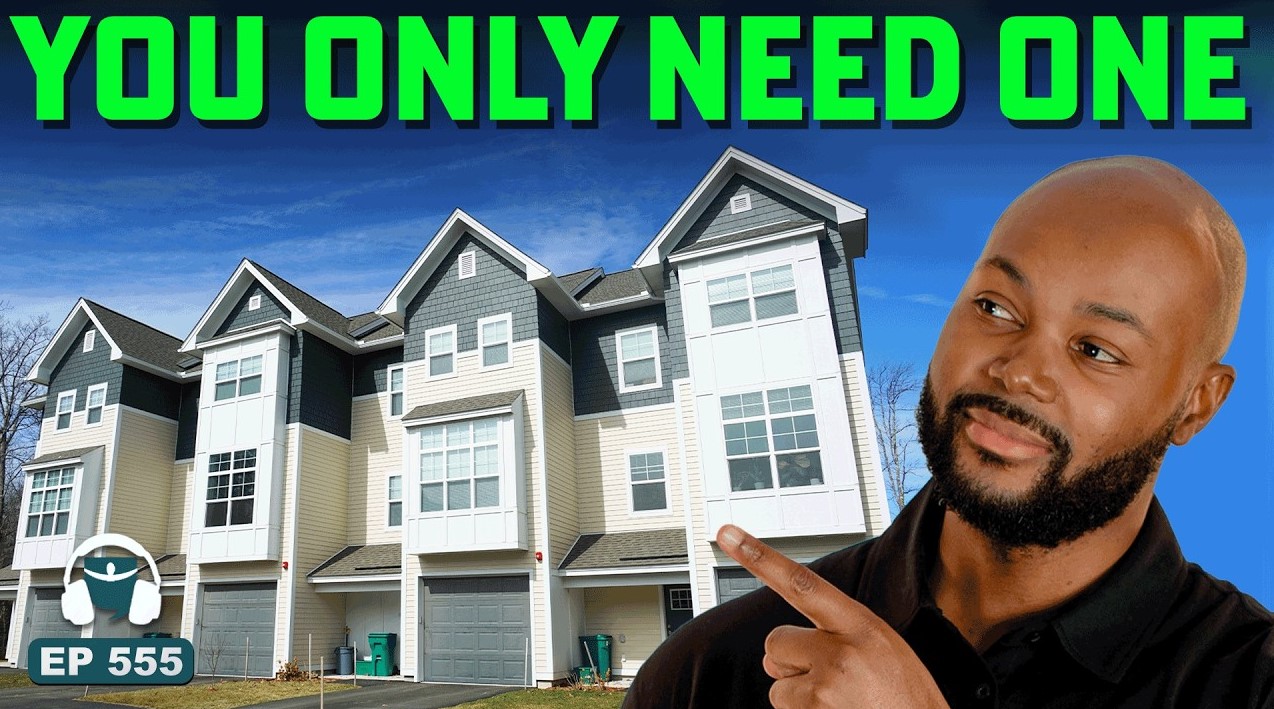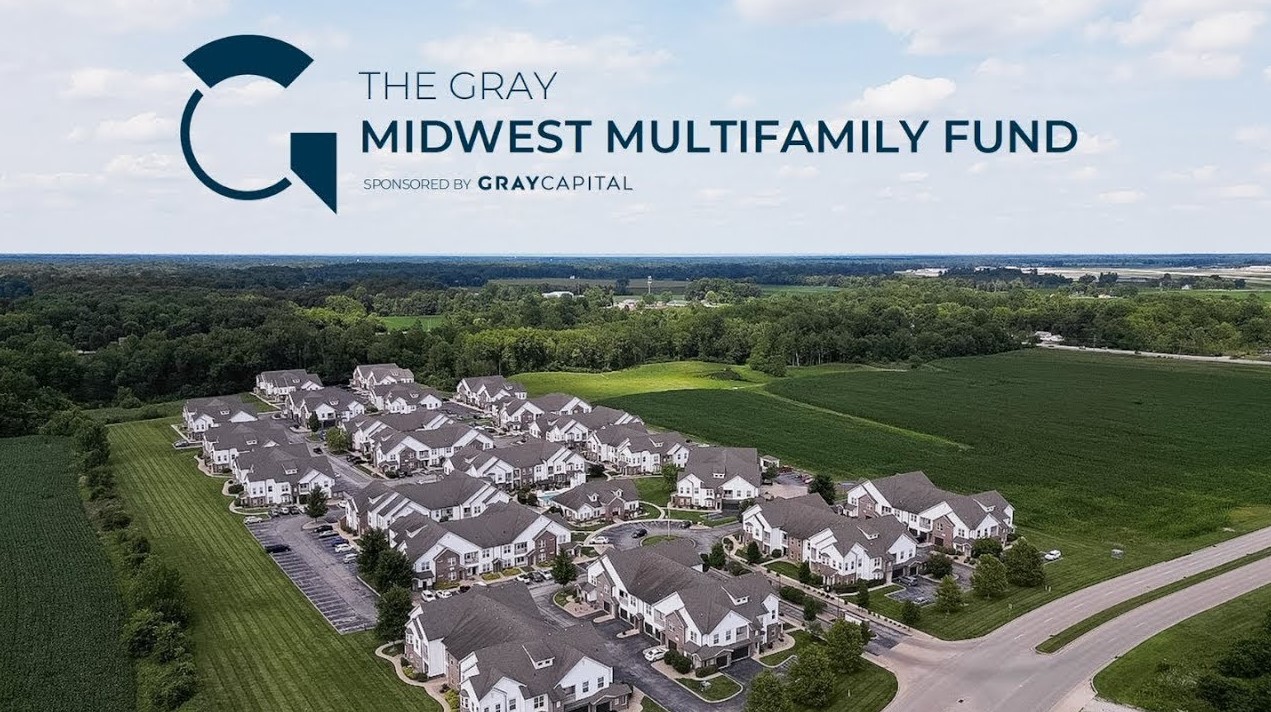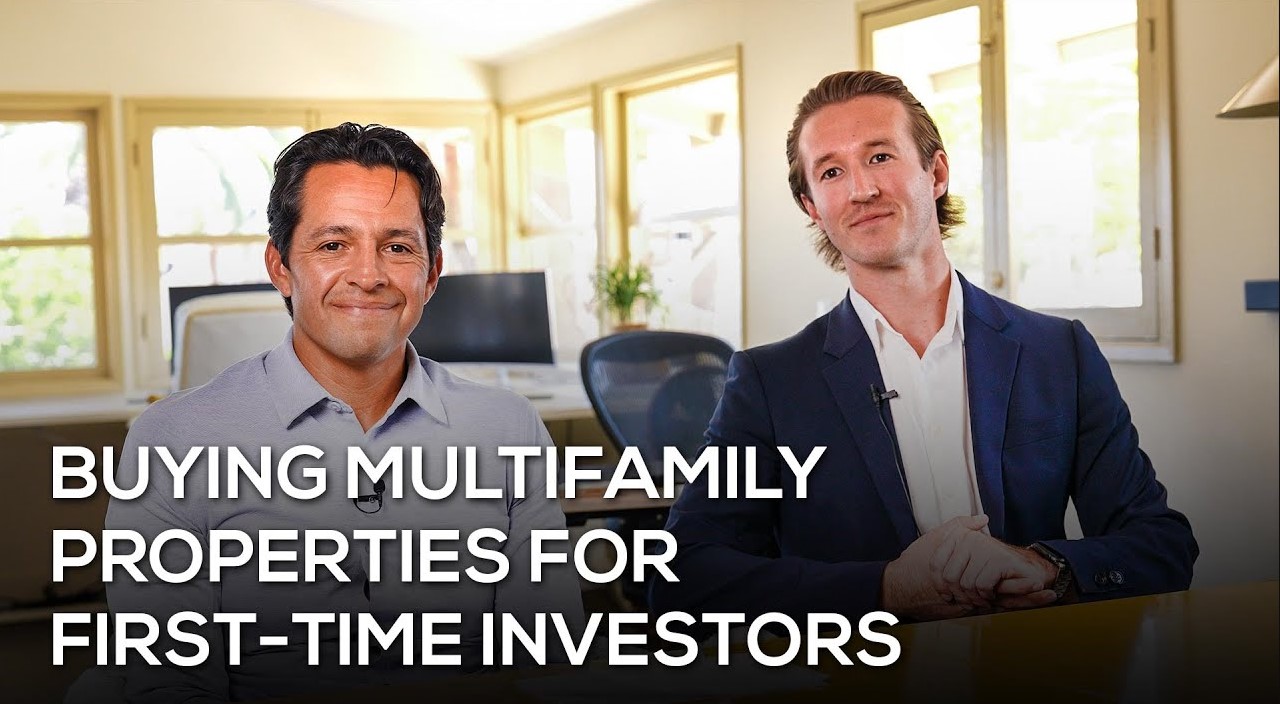Table of Contents
- Why Everyone Is Talking About Single-Family Home Investing (and Why You Should Too)
- What Is Single-Family Home Investing?
- Disadvantages (No Drama, Just Adult Talk)
- Single-Family vs. Multifamily
- When Single-Family Home Investing Is Your Best Ally
- Real Tips So Single-Family Investing Doesn’t Surprise You
- Because Stories Teach Us Better
- Is Single-Family Home Investing for You?
Why Everyone Is Talking About Single-Family Home Investing (and Why You Should Too)

Single-family home investing has been lingering in my mind—almost like that uncomfortable topic you know you should address but keep pushing aside… until one day you say: “Okay, how complicated can it really be?”
Let me throw you a warm-up question: what attracts you more—the stability of a simple asset or the adrenaline of managing multiple units at once?
The way you lean says a lot about your investment style… and your life style.
Here we’re going to talk about individual homes, numbers, emotions, and that strange mix of intuition and information we all need when deciding how to build financial future.
Breathe, grab a coffee or tea, and come with me.
What Is Single-Family Home Investing?
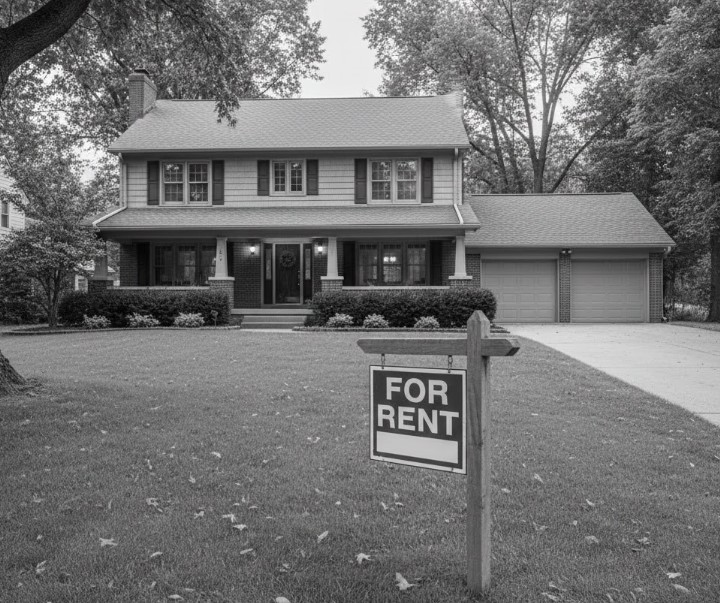
Sometimes we think that buying a house to rent is like buying a toaster: you put money in, it works, and it just… stays there. Stable.
Uhhhh… no.
Single-family home investing means buying a stand-alone house to generate rental income or long-term appreciation. It sounds basic, but every word matters: “stand-alone,” “income,” “time”… and of course, “risk.”
Let’s Start With the Pretty Side
Let me tell you: the first time I analyzed the idea of investing in a single-family home, I thought, “Well, a house has fewer things that can explode… right?” I wasn’t sure if I was joking or not.
Advantages no one usually tells you:
1. Easier Access
Buying a single-family home usually requires less upfront capital than a multifamily building.
It feels like entering real estate through the front door—without having to break it down.
2. Smoother Financing
Banks love single-family homes. They know them. They understand them. They don’t find them threatening.
That means better mortgage options and fewer headaches.
3. More Stable Tenants
Families renting a home tend to stay longer. They create routines, community, memories.
And of course… consistent income for you.
4. Easier to Sell
If you ever need to “reset” your portfolio, selling a single-family home is like playing on beginner mode. The buyer pool is wide: investors, families, couples—everyone.
5. Geographic Diversification
You can have one house in a quiet city, another near a university hub, and another in a growing neighborhood.
Three realities, three markets, less risk.
Disadvantages (No Drama, Just Adult Talk)
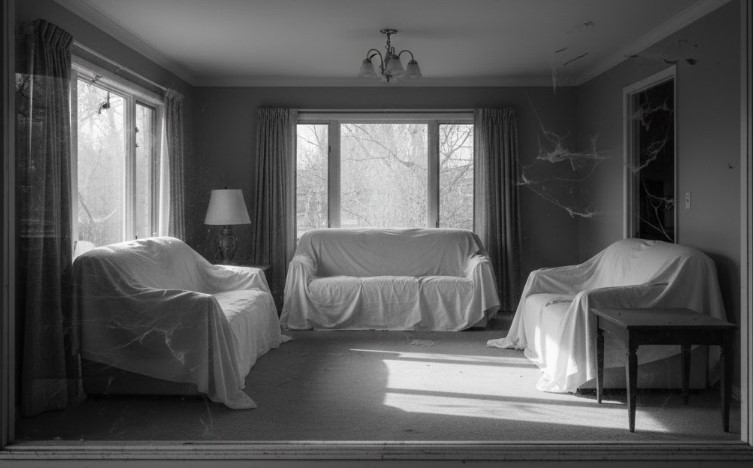
Single-family investing has one core disadvantage we often forget because we prefer the good news: if your only tenant leaves, your income leaves with them.
Just like that. And yes… it hurts.
The Challenges That Will Shape You as an Investor
1. Lower Cash Flow
One house = one tenant = one rent check.
If you want higher monthly income from the start, multifamily may be more your style.
2. Vacancy = Zero Income
There’s no elegant way to say it. It’s rented or it’s not.
3. Scaling Is Slower
Those who love single-family investing know growth feels like a steady drip, not a waterfall.
4. Ongoing Maintenance
Let me say it with love: even with the best tenant in the world, something will always need adjusting, repairing, replacing, or rethinking.
Single-Family vs. Multifamily
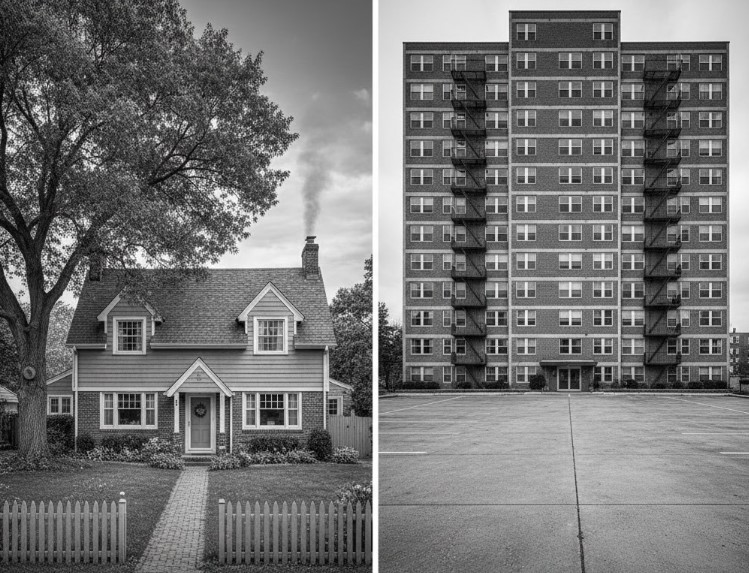
Here’s a confession: for a while I thought multifamily investing was the only “real” professional way to invest in real estate.
Until, well… I grew up a bit (literally and mentally).
Both strategies have their charm. It’s not a duel—it’s an honest comparison.
Who Wins in Each Category?
| Aspect | Single-Family | Multifamily |
|---|---|---|
| Initial cost | More accessible | High |
| Cash flow | More limited | More robust |
| Financing | Easier | More complex |
| Vacancy risk | High | Distributed |
| Scalability | Slow | Fast |
| Management | Simple | Intense |
A Necessary Reflection
Let me ask you: do you prefer less stress with slower growth, or more complexity with higher potential returns?
There’s no right answer—only the one that aligns with you.
When Single-Family Home Investing Is Your Best Ally
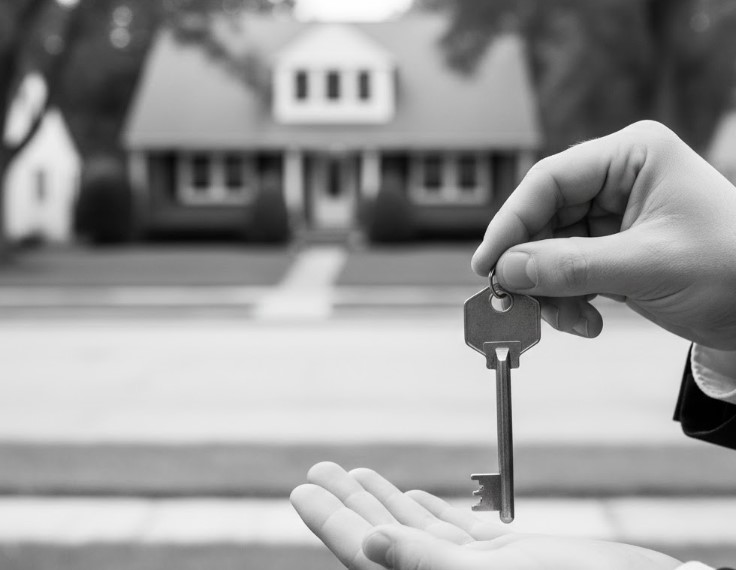
Let me tell you this from the heart: not every investor needs to be a shark. Some thrive as gardeners—they plant, water, wait, and let time do its work.
Single-family homes fit especially well when…
1. You’re Starting and Want to Learn
One house lets you learn the basics: analyze, finance, manage, negotiate… without feeling like you’re carrying an elephant.
2. You Don’t Have Astronomical Capital
Perfect. You don’t need it here.
3. You Like the Idea of Owning Property in Different Places
Geographic diversification is easier with houses than with buildings.
4. You’re Drawn to the Concept of a “Liquid” Asset
If you ever need to sell, a single home is the closest thing to a quick exit.
Real Tips So Single-Family Investing Doesn’t Surprise You

You know I’m not a fan of the “just check ROI and you’re good” speech. Reality has more nuance.
Run Numbers, but Also Scenarios
Don’t stick to the basic calculation: mortgage vs. rent.
Ask yourself:
What happens if the tenant leaves for three months?
What happens if insurance increases?
What happens if the market shifts?
H3 – Location Is Your Emotional and Financial Compass
I’ve learned that a good location is not just a “fact.”
It’s the difference between sleeping peacefully or waking up thinking “what if…?”
H3 – Screen Tenants Without Fear (or Guilt)
It’s not coldness. It’s responsible management.
A bad tenant can cost you more than any renovation.
H3 – Treat Debt as a Tool, Not a Villain
Well-used debt lifts you up. Poorly used debt sinks you.
It’s like coffee: a little is magic, too much is tragedy.
Because Stories Teach Us Better

A friend once asked for my help analyzing his first potential single-family investment.
It was a simple little house—nothing spectacular. He was excited; I was skeptical.
After reviewing the numbers, the area, and the potential… I went silent for a few seconds and said:
“You know what? This house has something many buildings don’t: clarity.”
Sometimes the best investment isn’t the biggest one—it’s the one you can manage without breaking yourself.
That house ended up being one of his best decisions.
Is Single-Family Home Investing for You?
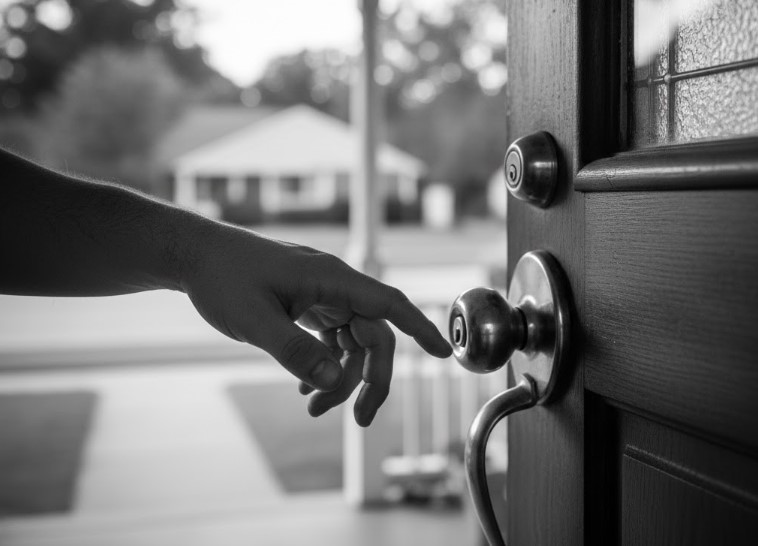
I know you’re expecting a clear answer.
Here it is: yes, if you want simplicity, stability, and a solid first step into real estate.
Also yes, if you value calmer emotions, organic growth, and the peace of knowing exactly what you own.
But also: no, if you want rapid growth, multiple units, and playing in the big leagues from day one.
Single-family investing isn’t perfect. No vehicle is.
But it’s honest, accessible, flexible, and far more powerful than it looks at first glance.
Now let me ask you: what does your intuition say after reading this?
Sometimes the best decision is that first feeling you get in your chest… right before logic comes in to complicate everything.

